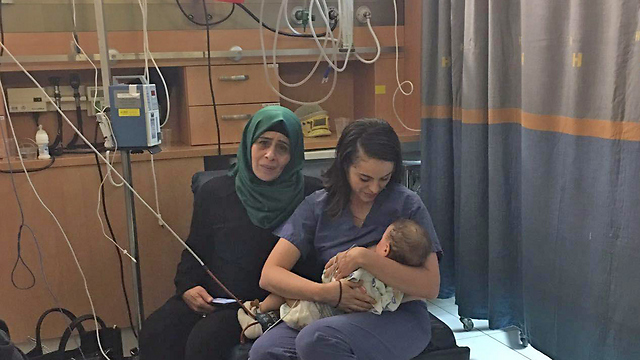This was a very special
Shabbat because yesterday on the Jewish calendar was the
23rd of Sivan, and SS's dad's
yarhzeit. His 23rd one, in fact (a neighbor told Shalom Shachne that the date was a significant one since the
23rd of Sivan is when, according to the
Purim story, Esther and Mordechai sent out the letters telling the Jews they could defend themselves against Achashveros' unbreakable decree against them).
Shalom Shachne made a
siyyum yesterday on
Megillah. Here is what he said, and may it all have been for an
ilui neshama for Irwin,
Yitzchak ben Shalom Shachne, who we miss very much:
---------------------------------------
Today is the 23rd yahrzeit for my father, יזחק בן שלום שכנא (Yitzchak ben Shalom Shachne), and last week was the first yahrzeit for my aunt, his only sibling, שמחה שרה בת שלום שכנא (Simcha Sarah bat Shalom Shachne).
First off, I want to thank Mr. Shlomo Meyer for encouraging me to start learning a daf a day, giving me the suggestion to start with מסכת מגילה. And of course I want to thank my family for all their love and encouragement, and giving me time for learning.
My father passed away suddenly, at the not very old age of 63. He was playing tennis, which he loved to do, and had a fatal heart attack. He had always told us that if he could choose how to die, this would be one of the ways he would choose. My father never seemed particularly afraid of death and was a bit irreverent about it. His nickname was “Goldie”, and he once told my step-mother that he wanted the epitaph on his tomb stone to say “Here lies Goldie growing moldy”. Needless to say, we didn’t write that.
When the Rabbi was giving the eulogy for my father, he said that my father reminded him of כלב בן יפונה. My father was never afraid to speak out, even against a whole group of people. The board of directors of the synagogue were trying to remove the Rabbi from his position, and my father was one of the few voices speaking up for the Rabbi. This trait frequently got him into trouble with college administrations, in his early career as a physics professor. He learned to temper this in his later life as a businessman, where he learned the value of getting along. But he was always a courageous and idealistic person.
Although he was not a very religious man, he put on Tefillin every day. He started after my bar mitzvah. I believe he started because I asked him, why should I put on Tefillin, when he doesn’t. So he started doing it every day from that time for the rest of his life. When he passed away, I made a resolution that I would put on Tefillin every day also, and also to say Kaddish for him 3 times a day for the whole year. This was one of the major forces which made me into a בעל תשובה.
Now for the siyum. In addition to covering the הלכות of purim and קריאת מגילה, the mesechet covers many laws of קריאת התורה and how we split the parshiot during the year. A quick הלכה that I learned which surprised me was brought in the mishha on דף ח’: א:
אין בין ספרים לתפילין ומזוזות אלא שספרים נכתבים בכל לשון ותפילין ומזוזות אינן נכתבין אלא אשורית. רבן שמעון בן גמליאל אומר אף בספרים לא התירו שיכתבו אלא יוונית
The הלכה goes according to Rabban Shimon ben Gamliel, who says that a Sefer Torah can be written in Greek. The reason for this given by the Gemara, is the ברכה given by נח to יפת,
יפת אלהים ליפת וישכן באהלי שם
And in fact, Rambam brings this down as halakhah in הלכות תפילין ומזוזה:
והתירו בספרים לכתבן אף ביווני בלבד. וכבר נשתקע יווני מן העולם ונשתבש ואבד לפיכך אין כותבין היום שלשתן אלא אשורי.




